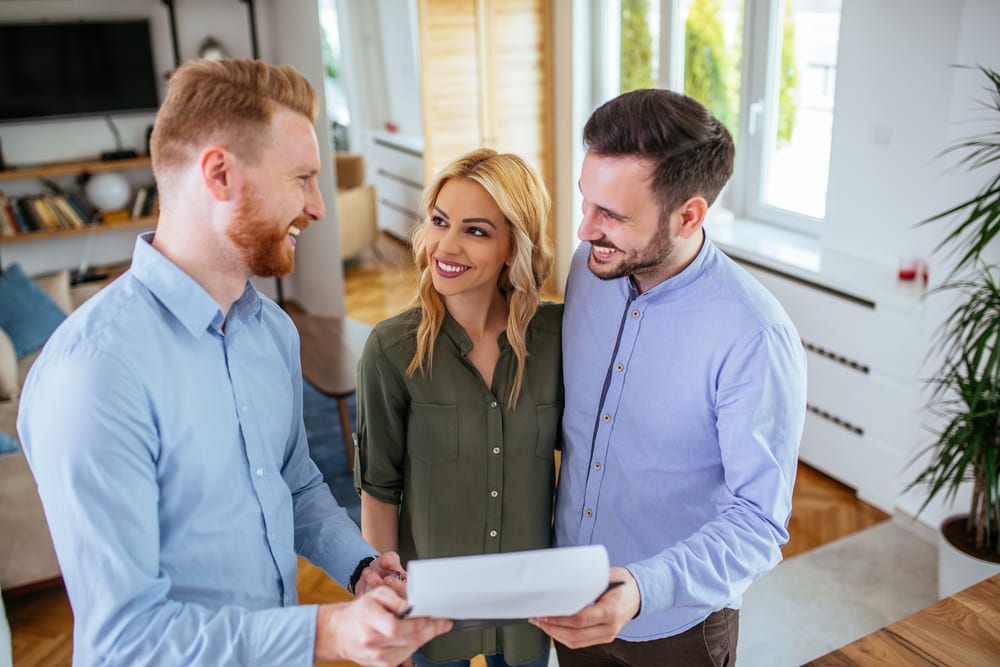
Keeping Your First Home As An Investment Property
 Sometimes, letting go is hard, and that’s particularly relevant when it comes to your first home. After fighting your way through the home loan marketing and finally getting your feet on the ladder, you’ve likely set roots and started to build a life.
Sometimes, letting go is hard, and that’s particularly relevant when it comes to your first home. After fighting your way through the home loan marketing and finally getting your feet on the ladder, you’ve likely set roots and started to build a life.
As a result, moving on from all of those precious memories might not be an easy feat for you – and you’re not alone. Every year, more and more Australian home-owners are opting to strap down their budget and keep their first home as an investment property.
But is it the right move for you? Read on to discover some of the key points you need to consider.
You Can’t Keep Hold of it Forever
If you’re trying to keep your property because you want to preserve your memories, you need to set different expectations. Once a tenant moves in, they’re going to change the interior look and feel – and that might come as a bit of a shock to you.
If you’re going to be keeping your home as an investment property, you need to understand that some wear and tear will occur even with the most careful of tenants. As a result, if you decide to pursue this, it’s wise to elect a property manager to take care of the finer details for you.
Work Out Your Finances
If you’ve owned your property for a considerable length of time, it’s going to have a smaller mortgage than if you’d just bought it. However, be wary – if your rental income is greater than the cost of the mortgage, you’re going to have to pay tax.
You should also know that any mortgage payments you make on your new home won’t be tax deductible. Additionally, if you’ve kept hold of your first home as opposed to using the cash from the sale for the new purchase, your mortgage payments are going to be higher.
Book an appointment with an experienced financial advisor and go through the numbers before moving forward.
Know How Capital Gains Tax Will Affect You
If you rent out your primary residence and decide to sell it in future, there’s a good chance you’ll get hit by Capital Gains Tax on the sale value. Conversely, if you’ve only used the home to live in yourself, you won’t have to pay Capital Gains Tax.
The amount of Capital Gains Tax you’ll have to pay will depend on several factors, including how long it was rented for, so speak with your account to work out the exact sum.
Can You Actually Rent Your Home?
If you bought your property as a starter home, there’s every chance you went a little off the beaten track and bought a quirkier property that lacks appeal to the broader market. As a result, you could struggle to find a tenant down the line.
Just because you’ve enjoyed living in your home, you shouldn’t assume that others will, too. Speak with your local property manager to get advice on how rentable your home is before setting your sights on having it as an investment property.
Will You Need to Renovate?
After you’ve lived in a home for a long time, it’s easy to get complacent and see its faults as character-building. Tenants won’t see this in the same light. Is the kitchen worn out? Are the carpets showing their age?
To get your home up to scratch for the rental market, you might need to renovate a little. This is something you should factor into your overall budget before moving forward.